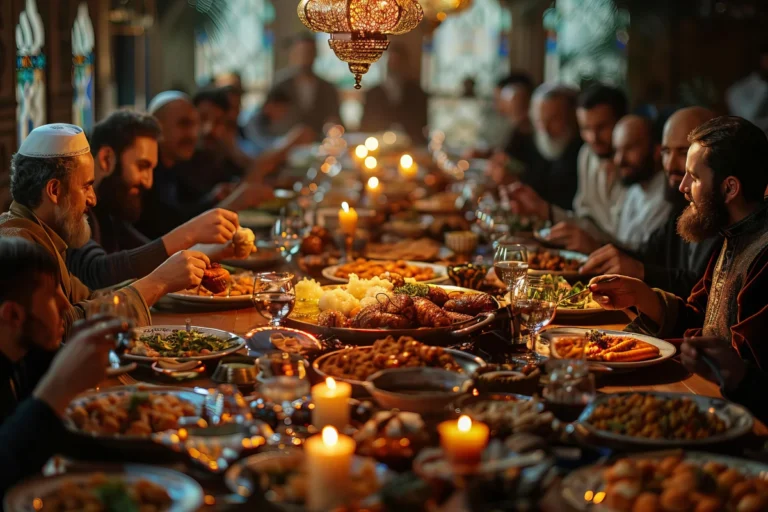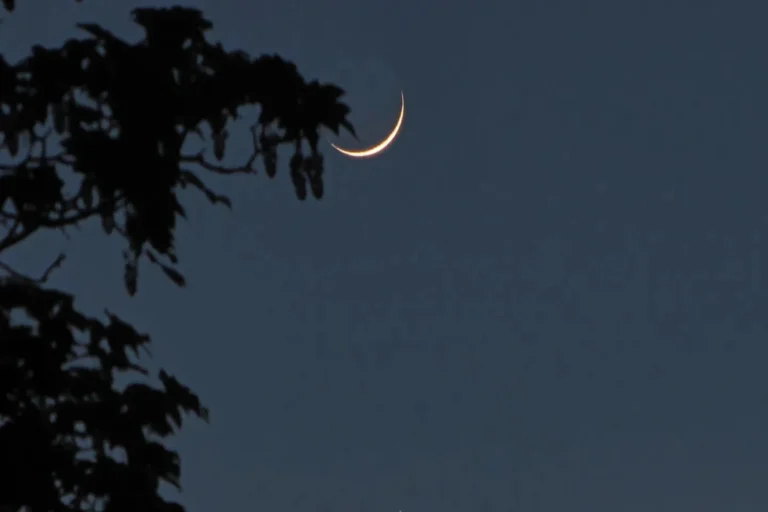Sept 24 | Dubai, UAE: December 2 is the UAE National Day, which honours the birth of the UAE when the six Trucial States united under a provisional constitution. This moment is considered historic as the British ended oversight and the Emirates was launched on a journey towards transformation, which led to the establishment of a federation built on the principles of unity, vision and unprecedented regional cooperation.
From British Protectorate to Sovereign Federation
Before the birth of UAE, the Trucial States operated under British maritime treaties dating back to 1820, which secured peace at sea but limited self-governance. Britain’s unexpected 1968 withdrawal announcement under Prime Minister Harold Wilson created urgency for regional unity.
Sheikh Zayed bin Sultan Al Nahyan and Sheikh Rashid bin Saeed Al Maktoum initiated crucial negotiations on February 18, 1968, at Argoub Al Sedira, agreeing to invite other Gulf emirates to join their proposed federation. The initial plan included Bahrain and Qatar, but both nations chose independence in August and September 1971, respectively. By July 18, 1971, Abu Dhabi, Dubai, Sharjah, Ajman, Umm Al Quwain, and Fujairah formalised the union accord in anticipation of UAE National Day.
Crafting the Provisional Constitution
On December 2, the federation was officially proclaimed at Sheikh Rashid’s Jumeirah Guest Palace in what was described as a remarkably low-key ceremony with only guests present. The Provisional Constitution adopted that day created a Supreme Council of Rulers and elected Sheikh Zayed as President for a five-year term.

The charter established the Federal National Council with 34 seats distributed among emirates, ensuring the birth of UAE rested on balanced representation and shared governance. Notably, Article 138 unified the armed forces under federal command, a crucial security measure given Iran’s seizure of Abu Musa and the Tunbs islands just days earlier.
Balancing Federal and Local Powers
The 152-article Constitution, which remained provisional until 1996, carefully delineated powers between union and emirate levels. Federal authority covered defence, foreign policy, immigration, and security, while emirates retained control over education, health, and municipal services. This framework required unanimous consent for major decisions, with both Abu Dhabi and Dubai needing to be part of any majority vote.
The constitution’s emphasis on preserving each emirate’s internal autonomy while ensuring centralised defence proved essential for the federation’s long-term stability and success following the UAE National Day.
Celebrating Heritage: National Day Festivities
Each year, UAE National Day celebrations transform cities and deserts alike into vibrant displays of national pride. Fireworks illuminate Dubai’s skyline while Abu Dhabi hosts spectacular military parades at the National Exhibition Centre. Traditional folk dances enliven heritage villages, falconry demonstrations showcase Emirati culture, and poetry readings celebrate the nation’s literary heritage.

Schools organise competitions centred on December 2, inviting students to explore the birth of UAE through art, essays, and cultural performances. The celebrations feature distinctive red, white, black, and green decorations matching the national flag, with car rallies and air shows drawing hundreds of thousands of participants annually.
Looking Ahead: Vision 2071 and Beyond
Since the birth of UAE, the nation has achieved remarkable milestones: joining the Arab League on December 2, 1971, gaining UN membership on December 9, 1971, co-founding the Gulf Cooperation Council in 1981, and successfully hosting Expo 2020 Dubai. Today’s celebrations connect past achievements to future aspirations through Vision 2071, a centennial strategy emphasising sustainability, innovation, and social welfare.

The UAE’s transformation from a modest federation to a global hub hosting over 200 nationalities demonstrates the enduring power of the unity forged on December 2. Economic diversification has elevated the nation’s non-oil GDP significantly, while cultural tolerance policies reinforce the founding principles established during the birth of UAE.
Read More: Sharjah Royal’s Death: Emirates Declares 3 Day Mourning














